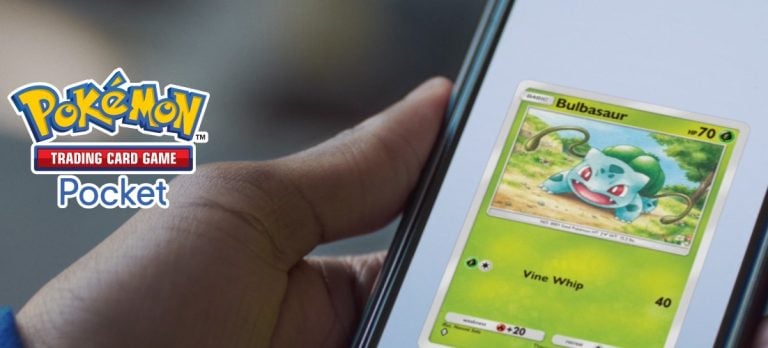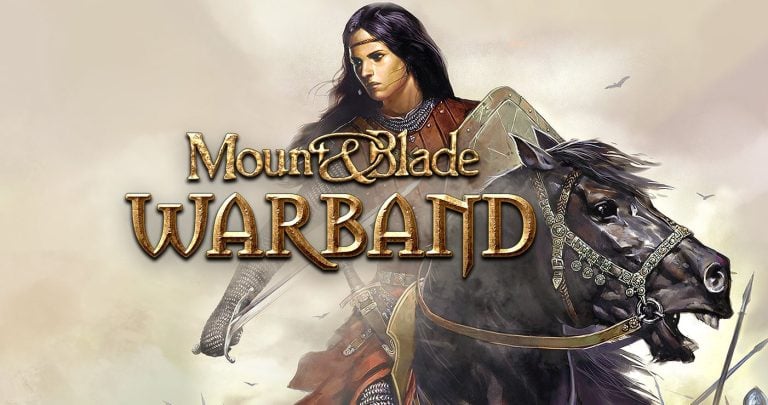Written by. Nick Mosier based on the original Japanese article (original article’s publication date: JST)
If you’re a gamer, you’ve probably thought to yourself, “I wish that game had this feature,” or, “I wish that company would make this kind of game.” Social media and forums are full of these kinds of discussions, and developers also look to these places to see what’s being said about their games.
But what if you want to send your brilliant idea to a game developer directly? From a developer’s perspective, receiving these kinds of ideas appears to be unwelcome. A tweet from former Sega employee Noriyuki Shimoda on the matter has been gaining attention online.
When a game company’s contact form says the company retains the rights to any ideas they are sent, it’s not to nab someone’s idea, but to protect themselves from someone claiming ownership over an idea they peddled onto a company.
Shimoda worked as a producer at Sega on titles like Border Break, After Burner: Climax, and Ghost Squad. Shimoda has since left the company and is working as a teacher. Shimoda’s tweet points out that game companies take measures to prevent receiving unsolicited ideas as to not have users claiming idea theft. And as confirmed by Shimoda, he is not talking about his former company Sega, but the industry as a whole.
Bandai Namco’s Katsuhiro Harada of Tekken fame also previously discussed an example of a fan claiming ownership of an idea back in 2014. He said that because part of a game had coincidental similarities, a fan claimed it was their idea being used. A person can send their idea to a game developer unsolicited as say a sketch or an illustration, and even if the development team doesn’t lay an eye on it, they can step forward and say their idea was used and claim ownership of it.
He also brought up an example from over 20 years ago where they were accepting ideas for a game. Despite the submitter signing their consent regarding ownership, the submitter’s parent caused a dispute by demanding a cut of any profits.
From this experience, Harada said that outside of some kind of PR campaign, they don’t invite ideas from the public. On top of that, he also said that if developers happen to see an unsolicited idea, they’ll consider avoiding something like it all together due to the high level of risk involved.
Let’s steer the conversation back to what companies are doing to mitigate this risk. Game companies implement various measures in their contact forms. Bandai Namco for example notes on their contact page, “We do not accept any sort of projects or plans from customers. In the event that we do receive such a message, it will be deleted.”
Game Freak, the developers behind the Pokémon series, also have a similar message saying, “Please refrain from sending any requests regarding ideas (e.g. proposal, design, script etc). All requests sent by customers are checked by staff who are NOT directly involved in game design. In the case that ideas are included, we will dispose of, or return them without any other staff, development or otherwise, knowing.”
EA has a similar message stating, “We’re not able to accept product ideas or game concepts from non-employees outside of Electronic Arts.” They explain that “We receive thousands each year, and unfortunately due to the volume of these unsolicited submissions and ideas, we simply can’t review or consider them. In fact, because we can’t consider them, we can’t even keep them – we have to return or delete all unsolicited submission materials that we receive.”
When it comes to Shimoda’s former employer Sega, they have this to say regarding receiving unsolicited ideas. “We have no responsibility to evaluate, consider, use, or keep secret any suggestions sent to us. Furthermore, neither Sega, nor any company under the Sega Sammy Holdings umbrella have any liability, including financially, if any of our products or services are similar to an idea we receive.” There’s no allusion to returning any materials or discarding them, but consent to the above conditions is required to send a message.
We can gather that companies are thorough in keeping ideas from fans from crossing the eyes of development staff in the first place. You could also say making that clear is one measure to avoid risk as well. Sega’s message takes a somewhat different approach, but they also look to be trying to mitigate the same risk.
In general, game ideas themselves aren’t protected as copyright, and if you want to protect such an idea, you must obtain a patent. But Shimoda says people that peddle their ideas pay no mind to these laws and make their claims anyway, so it’s best for companies to play it safe.
According to Zachary Strebeck, an American lawyer involved in the games industry, even if there’s not a contract with someone who has sent an idea, it’s possible that a court can decide there’s an implied contractual relationship.
In other words, no matter how great your game idea is, pushing it off onto a game company will not lead to it becoming a reality.





